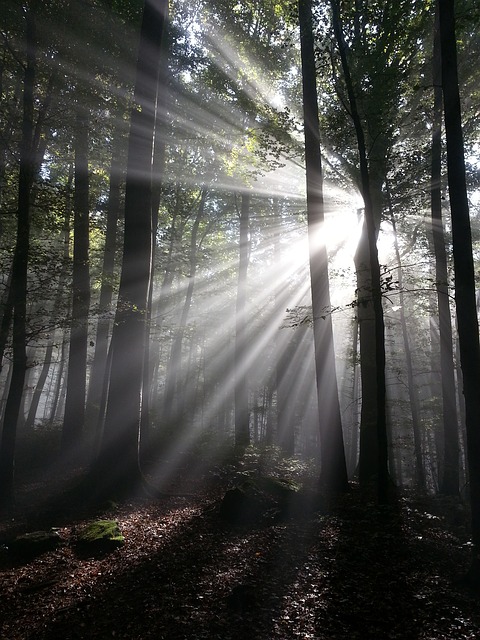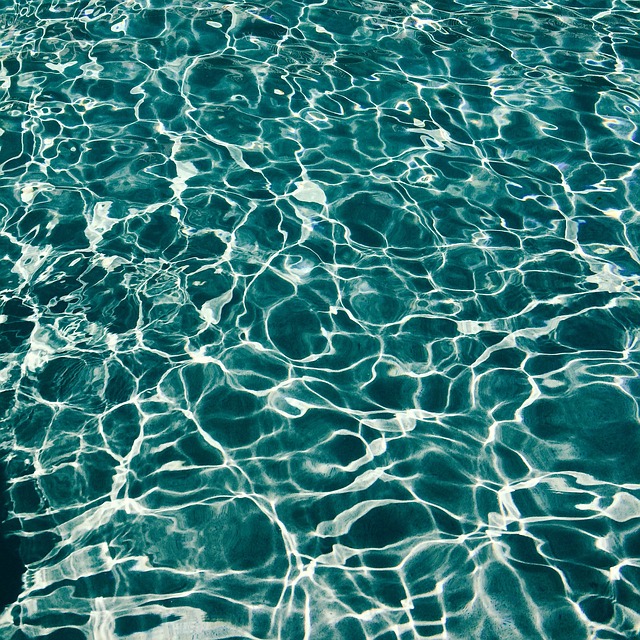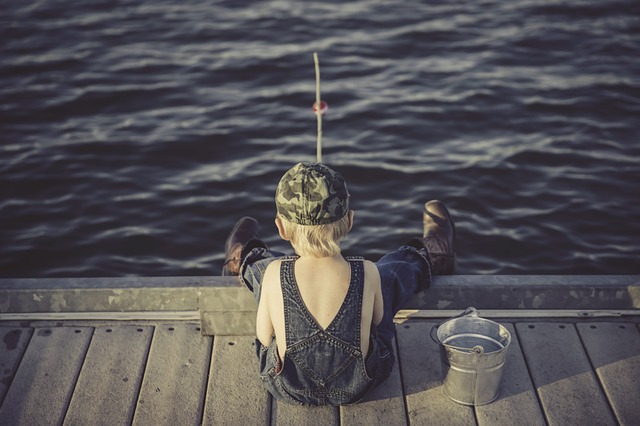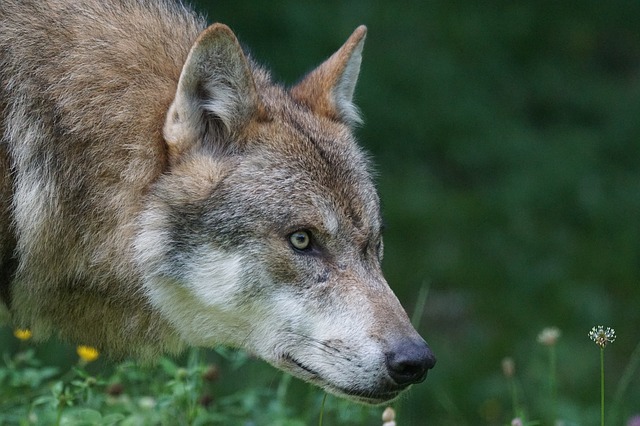
There are a myriad of outdoor camping survival skills you should learn.
The ones that I will outline in this article will help make your life easier if you do suddenly get lost in the wilderness as you’re out camping with your family.
However, not everyone wants to spend countless days, weeks or even months trying to master the techniques.
Essentially, they are going to help you survive when the unknown does happen.
You don’t have to dedicate every day trying to learn these skills either.
But after a quick read through this article and a few hours of getting your hands dirty, you should be able to have these skills wired in your brain incredibly fast.
And it would have been done a lot faster than trying to learn hundreds of techniques all at one time.
Shelter Making
We can only survive for 3 hours in extreme cold conditions – knowing how to get a shelter up quickly and efficiently will mean the difference between life and death
You don’t need a PH.D. in building construction to get a well-built, well-insulated and strong, sturdy shelter that’s going to keep you alive for the night.
After a few hours of practice, you can get this valuable skill wired in your brain permanently so you can keep you and your family safe if you DO suddenly get lost!
Here’s a guide that shows you how to build the 3 easiest natural shelters.
Finding, Gathering and Purifying Water

We can only survive 3 days without water – making this camping skill one of your top priorities.
Humans are made up of 70% water, so it is only necessary that we find water as quickly as possible before it’s too late.
Listen in the distance for streams, rivers, or look out for birds in the morning and evening, they usually go to the closest water source.
Start A Fire
Everyone should learn this skill, it’s very valuable in the outdoor world and virtually a life saver.
It also gives you a sense of security in the wild as it signals bears and other predators that humans are in the area, making them go in the opposite direction (most of the time, lol).
After a few hours of practicing this important living skill, you are going to make your life easier and everyone else around you – taking into consideration that they have no idea what they are doing (isn’t that the reason why you wanted to learn these skills in the first place?).
It’s best to learn how to get a fire going out of natural materials only.
I want you to watch this video, it’s one of the easiest ways you can get one started with ALL natural materials.
You don’t HAVE to follow the guide above exactly how they explain it.
But essentially, the secret is to build up a small pile of hot ash until it stays smoking by itself, then you are ready to use your firestarter (hay or other light, dry materials you have).
Add twigs as necessary until they are burning by themselves, then add more larger sticks until you have a full-blown fire blazing!
Catching And Cooking Food

The reason this living skill is further down the list is because we can go up to 3 weeks without eating.
This is simply because we have fat and protein (muscle) already inside our bodies. Our bodies just starts to cannibalize itself when we aren’t getting enough daily calories.
Of course, there’s a more comprehensive food catching guide on fieldandstream.com. It’s best to learn now before it’s too late!
First Aid
I know this subject doesn’t interest that many people, however it is a must-have living skill in the wilderness, especially when someone sprains and ankle, breaks their foot, or maybe even breaks their leg.
Knowing what to do and what not to do is what is going to put you 1 step ahead of the crowd.
Protecting Yourself Against Wildlife
What’s the point of learning all these skills if you’re going to get eaten by the first bear or wolf you see in the wild?
Defending yourself against a bear has a lot of different variables for each type.
This guide explains exactly how you can stop an attacking bear in the first place, or at least defend yourself when you fail to stop him/her from charging.
For a wolf, treat it as if it’s a dog, but 100x worse.
Yell at it, tell it to go away without showing fear, wave your arms.
If the wolf keeps circling you, show the wolf you are ready to fight with everything you have and you aren’t afraid to fight back.
The secret is to NOT RUN AWAY, you should scare it away, shout at the wolf as loud as you can, look as big as possible – stand tall with legs wider than usual – giving the illusion that you are actually bigger than he thinks.
Quick Tip – Grab a stick or a rock (without turning your back of course), use anything you can to help defend yourself with, in the event that it does charge at you.
Aim for its weaker body parts – eyes and nose.
Accept That You Can Adapt, Fellow Human
Humans have survived all these years because we are advanced creatures who use tools to our advantage.
You need to accept that you can adapt to wilderness conditions too, give a human ANY harsh living environment and he/she will eventually adapt to it – they might feel completely out of place at first, but they will find their way to live.
Conclusion
You should remember that in any survival situation, your most valuable resource is your presence of mind and your ability to stay calm.
When you start letting your mind wander or you start stressing out, that is when your capabilities are hindered and your chances of surviving are going to drop tremendously.
One important tip I can give you is to always conserve energy, as your resources are limited, or at least low at all times.
Which is why it is NOT RECOMMENDED to run around with a spear trying to catch huge game, that is not the best way to go about it.
Stick to the basics – shelter, water, eating insects, or putting out small traps until you have enough energy to put out fishing nets and other food-catching methods.
It will be hard to stay alive, but that’s what it takes to survive an extreme environment. The only way you can make it easier is by practicing NOW, and not waiting for the time to come.
If you found this article helpful please leave a comment below and tell me what you think!
To avoid getting lost from the very start, you should really learn how to stay safe while you’re camping, right from the get-go!

